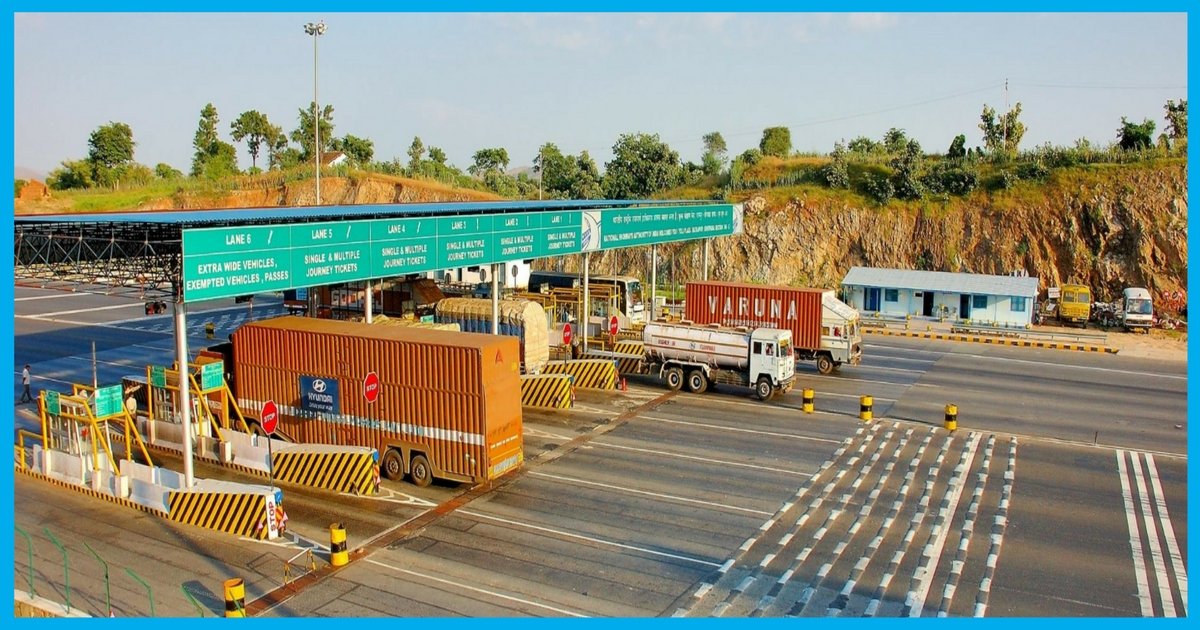
22 States Abolish Border Commercial Tax Check Posts After GST, 8 More State In Process
4 July 2017 9:01 AM GMT
As many as 22 states, including Karnataka, Tamil Nadu, West Bengal, Gujarat, Bihar, Kerala, have abolished border commercial tax check posts after the roll-out of goods and services tax (GST) on July 1.
Check posts abolished post GST roll out in India. pic.twitter.com/ztyT3OkvOf
— [email protected] (@askGST_GoI) July 3, 2017
The states adhering to the ‘One Nation, One Tax’ policy include both NDA-ruled and those ruled by opposition parties. Eight states – Assam, Himachal Pradesh, Manipur, Meghalaya, Nagaland, Punjab, Mizoram and Tripura – are in the process of abolishing their check posts.
The rates will be common under the Goods and Services Tax and for the movement of goods in or outside a state, there is no need to check whether goods have moved physically out of the state or not, said Revenue Secretary Hasmukh Adhia, as reported by The Times of India.
Several states have also issued advisories to field officers to not stop trucks. The abolition of check posts will allow for a seamless movement of goods across state borders. India is a country where maximum goods are transported on trucks by roads, and state boundaries previously escalated the cost. The commercial vehicles had to wait for hours in line at border checks which were primarily meant for tax compliance issues and scrutiny of materials. This caused massive delays, added to the costs of businesses and negatively affected the economy.
State check posts in the pre-GST era would collect taxes on the movement of goods. Other check posts like the state excise might remain. “State Excise is the state duty on liquor/alcohol, now these things may remain,” said the Revenue Secretary, reported The Times of India.
How will commercial vehicles be taxed under GST?
GST has the Electronic Way (E-Way) bill under its ambit, thus making toll booths unnecessary. Vehicles transporting goods worth more than Rs 50,000 will have to pre-register their cargo with the GST Network (GSTN).
GSTN is an addition to the information technology backbone of India’s new tax regime. It is a data-storage behemoth where nearly 80 lakh businesses will upload details and carry out transactions.
The E-Way bill generated for commercial vehicles will remain valid for 15 days, depending on the distance to be travelled – one day for 100 km and 15 days for more than 1,000 km transit, reports Times of India.
The government is still under progress of developing the required infrastructure for E-Way bills and is expected to complete it in the next 6 months.
The move will save the country Rs 2300 crore which was previously lost in truck delays, reported Times of India.
However, the business industry has raised concerns over the rules, saying that the Rs 50,000 limit was too low and the timeline for completion of transport operation was “impractical and removed from reality”. They added that the E-Way bill would also allow for the movement of evasion prone goods.
The Logical Indian community, while appreciating the government’s efforts to reduce the burden of truckers who would wait for hours on long queues to clear check posts, hopes that the move is efficiently implemented and the government develops the needed infrastructure for the same.
 All section
All section













